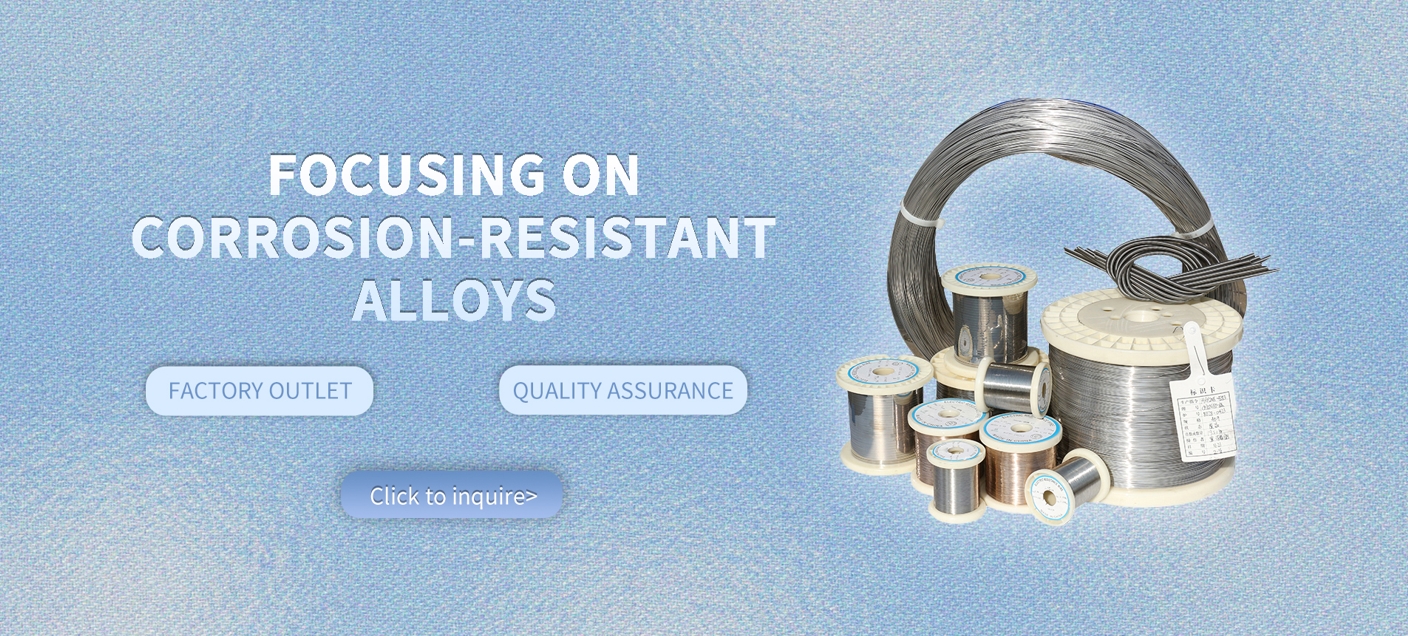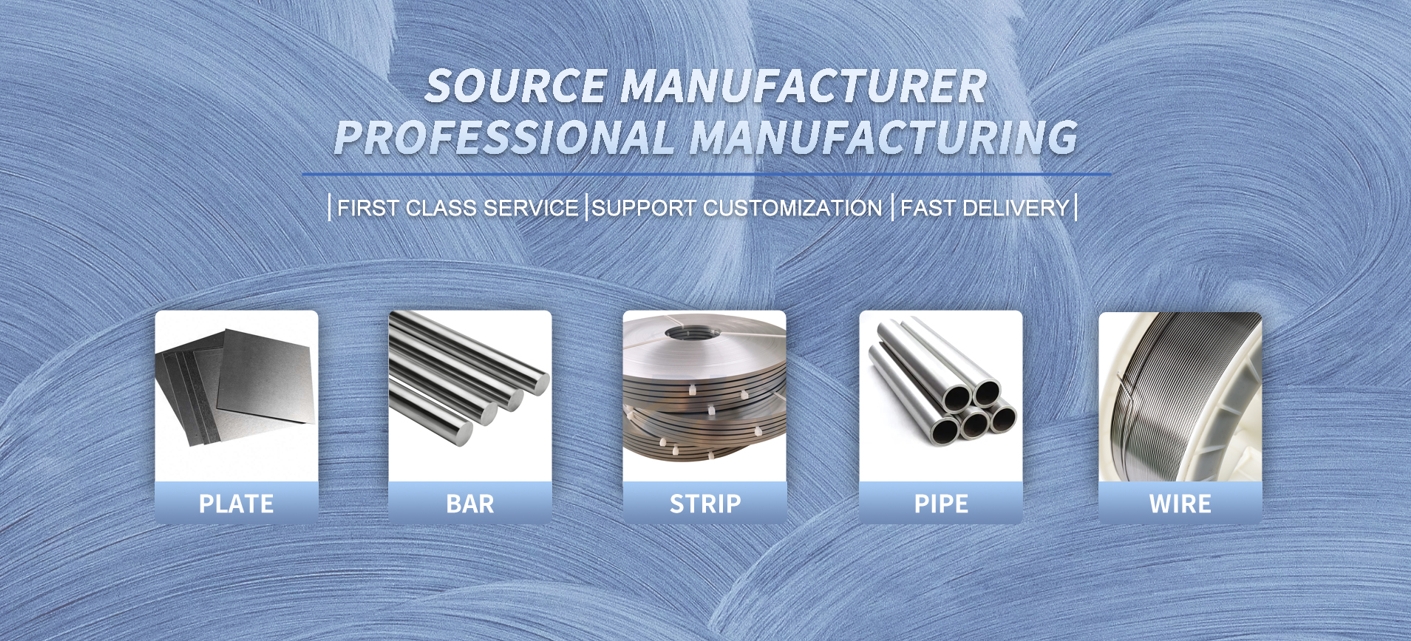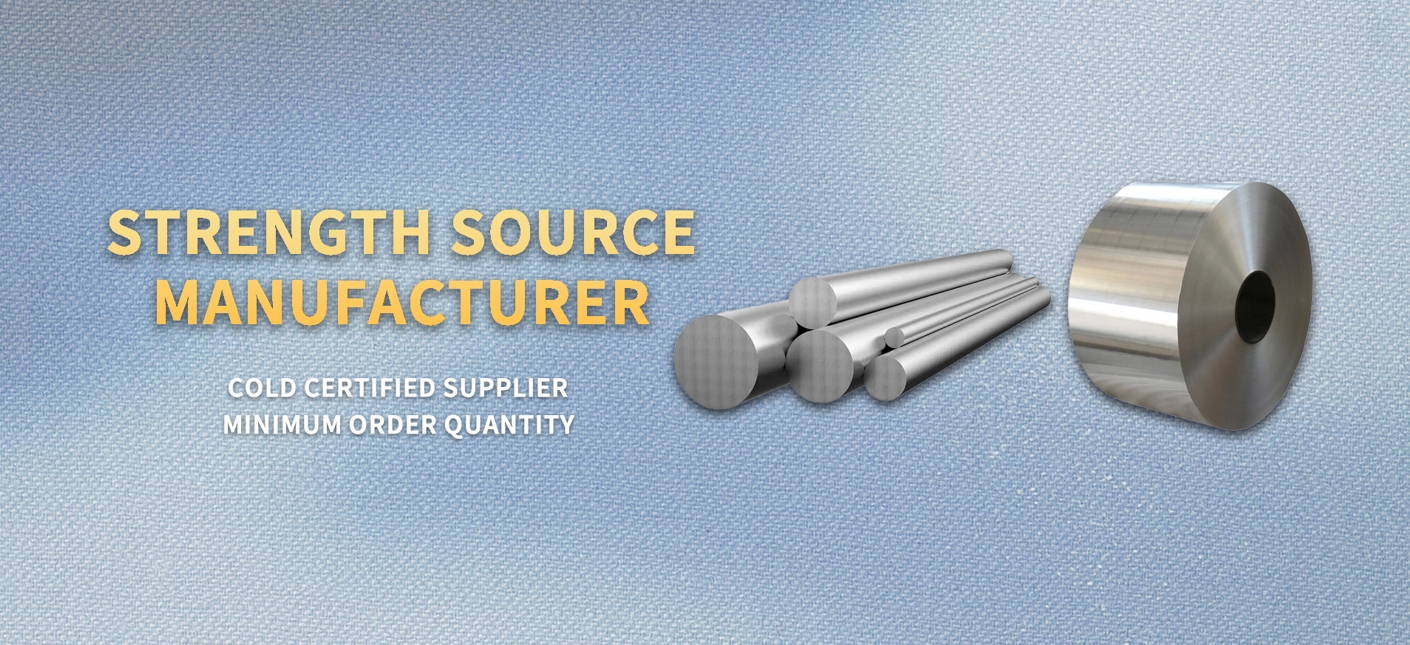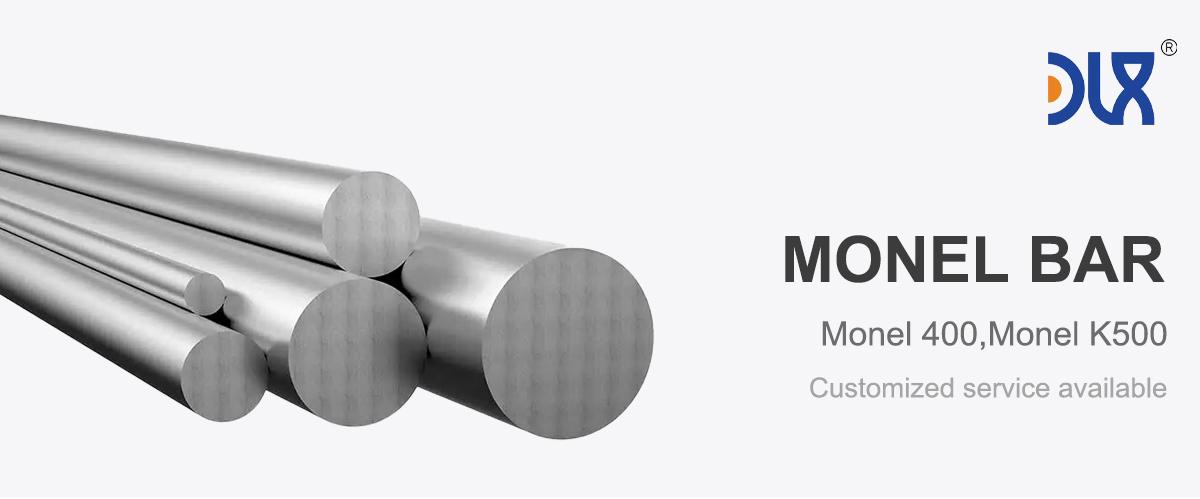Monel Bar: Industry Applications, 2025 Market Analysis, and Comparison with Other Materials
What Makes Monel Bar Special?
Our Monel bars, crafted from nickel-copper alloys like Monel 400 and K-500, are built to conquer harsh conditions. With about 67% nickel and 30% copper, they laugh in the face of corrosion from seawater, acids, and high heat. These bars are strong, easy to work with, and perfect for industries needing materials that won’t quit. From ocean depths to chemical plants, our Monel bars keep things running smoothly.
Where Monel Bars Shine
Monel bars are the unsung heroes in tough environments:
Marine World: They’re used in ship propeller shafts, seawater valves, and offshore platform fittings, standing strong against relentless saltwater.
Chemical Plants: Pumps, pipes, and heat exchangers handle brutal acids like hydrofluoric without breaking a sweat.
Oil & Gas: Downhole tools and subsea gear thrive in corrosive, high-pressure settings.
Aerospace: Turbine blades and fasteners rely on Monel’s strength at temperatures up to 1020°F (549°C).
Medical Field: Biocompatible Monel bars power surgical tools and implants like pacemakers.
Music Industry: Trumpet and tuba valves use Monel for its durability and acoustic properties.
Their toughness and versatility make them a must-have for high-stakes applications.
2025 Market Outlook
Monel bars are riding a wave of demand, with the global Monel market pegged at 22,000 tonnes in 2024 and expected to hit 30,800 tonnes by 2033, growing at a steady 3.61% CAGR. In 2025, marine engineering (41% of demand in 2023), chemical processing, and aerospace are fueling growth, spurred by global infrastructure and EV advancements. Asia-Pacific, especially China and India, dominates due to booming industrial projects. Nickel price spikes ($44,099/MT for Monel 400 in Q4 2024) pose a challenge, but our stable supply chain keeps costs in check.
How Monel Stacks Up
Monel bars go head-to-head with stainless steel, Inconel, and titanium. Here’s the breakdown:
Feature | Monel Bar (e.g., Monel 400) | Stainless Steel (e.g., 316) | Inconel (e.g., 625) | Titanium (e.g., Grade 5) |
|---|---|---|---|---|
Corrosion Resistance | Top-notch (seawater, acids, alkalis) | Decent (struggles in saltwater) | Great (excels in high heat) | Excellent (seawater, medical-grade) |
Temperature Limit | 1020°F (549°C) | 1600°F (871°C) | 1800°F (982°C) | 600°F (316°C) |
Strength (Tensile) | 70-100 ksi | 75-90 ksi | 120-150 ksi | 130-160 ksi |
Weldability | Smooth (standard methods work) | Very easy | Tricky (needs expertise) | Challenging (specialized process) |
Density | 8.8 g/cm³ | 8.0 g/cm³ | 8.4 g/cm³ | 4.4 g/cm³ (super light) |
Cost | Pricey ($44,099/MT in 2024) | Affordable | Very expensive | High |
Key Uses | Marine, chemical, oil & gas | General industrial, medical | High-temp aerospace, chemical | Aerospace, medical, lightweight parts |
Biocompatibility | Solid (used in implants) | Good | Limited | Best-in-class |
Monel’s Edge: Monel beats stainless steel in corrosive settings like seawater, welds easier than titanium, and costs less than Inconel for mid-range temps. It’s the sweet spot for marine and chemical durability.
Why Pick Our Monel Bars?
Rock-Solid Quality: ASTM B164-compliant, tested for strength and corrosion resistance.
Made Your Way: Round, hex, or flat bars cut to your exact needs.
Quick Turnaround: Global logistics keep your projects on schedule.
Built to Last: Handles acids and seawater, saving you maintenance costs.
Expert Backup: We guide you to the right specs for your job.
FAQs
Why use Monel bars in marine settings?
They resist seawater corrosion like nothing else, perfect for ships and offshore rigs.Can Monel bars take high heat?
They’re good up to 1020°F (549°C), ideal for aerospace and chemical plants.How do Monel bars compare to stainless steel?
Monel outshines stainless in corrosive acids and saltwater, where stainless might rust.Are Monel bars easy to weld?
Yes, they weld smoothly with standard techniques, no fuss.What industries rely on Monel bars?
Marine, chemical, oil and gas, aerospace, medical, and even musical instruments.What’s the Monel market like in 2025?
Growing at 3.61% CAGR, driven by marine and aerospace, despite nickel price swings.Are Monel bars safe for medical use?
Definitely, their biocompatibility makes them great for implants and surgical tools.Why choose Monel over titanium?
Monel’s easier to weld and more affordable for marine and chemical applications.
Visual Description
Envision a stack of shiny Monel 400 bars, their nickel-copper sheen catching the light in a bustling shipyard. Nearby, a massive valve made from Monel stands firm against crashing waves, while a chemical plant’s gleaming pipes handle acid flow effortlessly, showcasing the alloy’s rugged reliability.
Wrap-Up
Our Monel bars are your ticket to tackling corrosion, heat, and stress in the toughest industries. With a thriving market in 2025, fueled by marine, aerospace, and chemical demands, and clear advantages over stainless steel and titanium, Monel delivers where it counts. Trust us for quality, custom options, and reliability that keeps your projects unstoppable.




